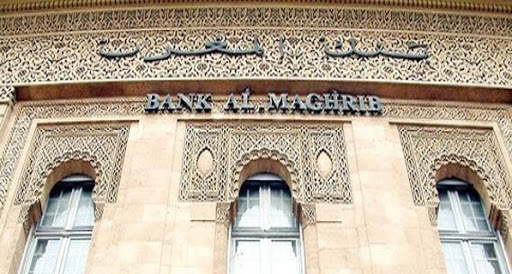Morocco Gets Set To Welcome New Crypto Law, To Open Up Space
The first cryptocurrency bill could be introduced in Morocco “in the coming days.” The Central Bank has already drafted the document, which will be discussed with industry players.
Abdellatif Jouahiri, the governor of Bank Al-Maghrib (BAM), the central bank of Morocco, launched a series of discussions between BAM and market participants on January 3 during a news conference. Regulators including the Insurance and Social Security Supervisory Authority (ACAPS) and the Moroccan Capital Markets Authority (AMMC) will also take part. It will go into effect before the cryptocurrency law does.

He claims that throughout the writing of the document, the BAM worked with the World Bank and the International Monetary Fund. According to earlier reports, Moroccan officials have also gotten in touch with the central banks of France, Sweden, and Switzerland to learn more about how they have handled the regulation of digital assets.
Read also Morocco’s YallaXash Now Live In Côte d’Ivoire And Senegal
The initiative will put forth a definition of cryptography that is “tailored to the Moroccan context” with the intention of safeguarding people without impeding innovation. Although the bill’s specifics have not been made public, it could scarcely be more restrictive than the law as it is now, which forbids all cryptocurrency trade.
Morocco was the fastest-growing crypto market in North Africa in 2022, with ownership of digital assets rising from 2.4% of the population in 2021 to 3.1% a year later. The first blockchain-powered wind farm was installed by Soluna in 2020 in Dakhla, Morocco’s windiest and southernmost region. Mining operations for cryptocurrencies are powered by excess electricity from this farm.
Morocco crypto law Morocco crypto law
Charles Rapulu Udoh

Charles Rapulu Udoh is a Lagos-based lawyer, who has several years of experience working in Africa’s burgeoning tech startup industry. He has closed multi-million dollar deals bordering on venture capital, private equity, intellectual property (trademark, patent or design, etc.), mergers and acquisitions, in countries such as in the Delaware, New York, UK, Singapore, British Virgin Islands, South Africa, Nigeria etc. He’s also a corporate governance and cross-border data privacy and tax expert.
As an award-winning writer and researcher, he is passionate about telling the African startup story, and is one of the continent’s pioneers in this regard





